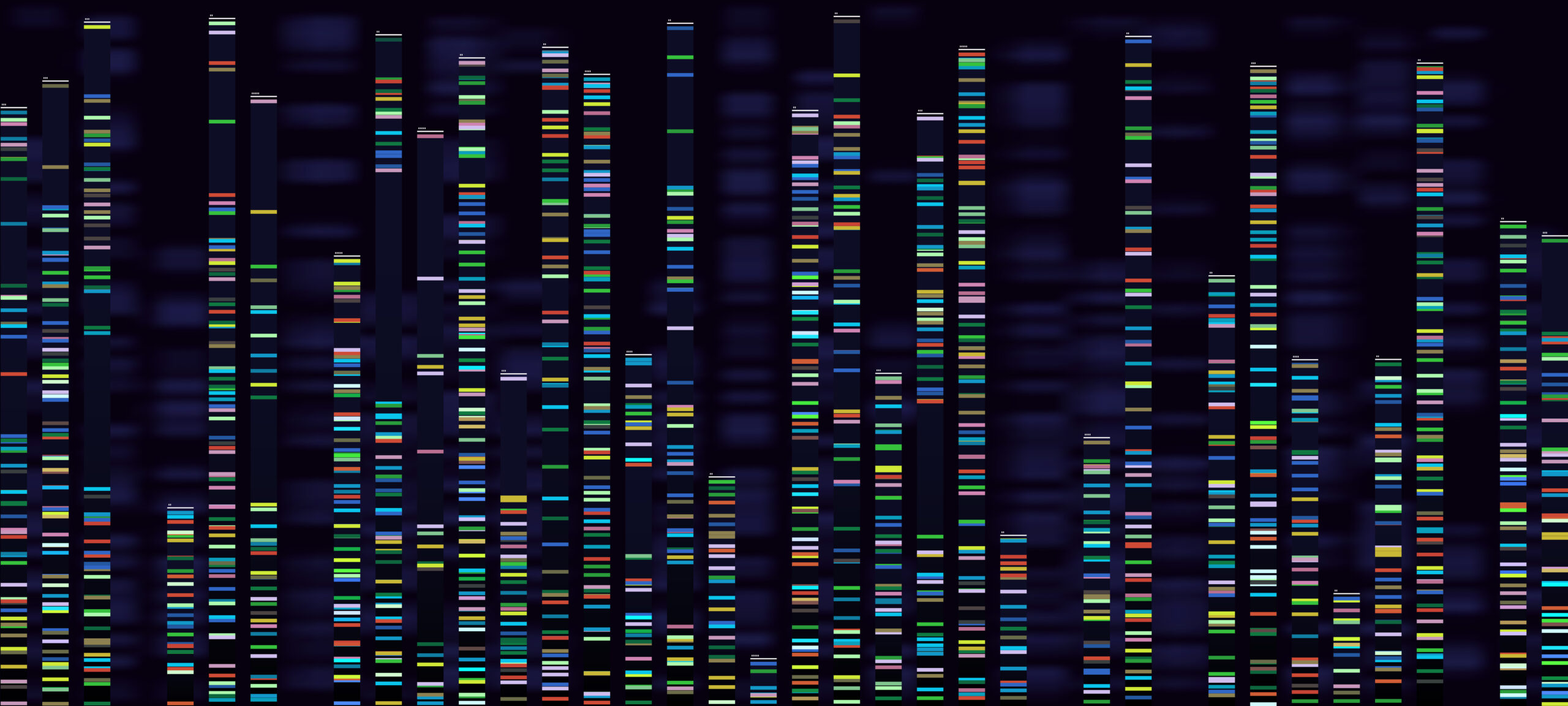The continued advances in DNA sequencing technology and reductions in its cost have made the ability to sequence a person’s genome a reality. Whole genome sequencing is a powerful tool used by geneticists to aid in the diagnosis of genetic conditions and the identification of variations in the DNA. A recent study from the Children’s Hospital of Philadelphia has shown that children born with birth defects are twice as likely to develop malignant tumors compared to children born without birth defects.
Birth defects can develop in two ways: one from a genetic condition where inherited changes in genes make them nonfunctional and the other by random chance during development in pregnancy. Inherited genetic changes are often referred to as chromosomal defects while those that happen during development are referred to as non-chromosomal defects. Researchers at the Children’s Hospital of Philadelphia performed whole genome sequencing on over 1,600 children born with non-chromosomal birth defects to determine their relative cancer risks.
From this screening, the researchers determined that children with non-chromosomal birth defects possess more DNA changes in molecular pathways that can lead to cancer. They specifically found 119 genes with at least two DNA changes in the regions of the gene that serve as the instructions to make proteins. Further analysis of these identified genes is needed to determine if they have an association with the development of malignant tumors.
Individuals born with non-chromosomal birth defects are 2.5 times as likely to develop cancer compared to healthy individuals and the risk increases for those with chromosomal birth defects. As researchers work to further understand how changes in our DNA contribute to cancer risk, this can translate into preventative measures as well as more accurate screenings. With better prevention or diagnostic methods, cancer can hopefully be detected earlier allowing for treatments to act before cancer reaches its lethal stages.
Featured Image Source: Tartila










